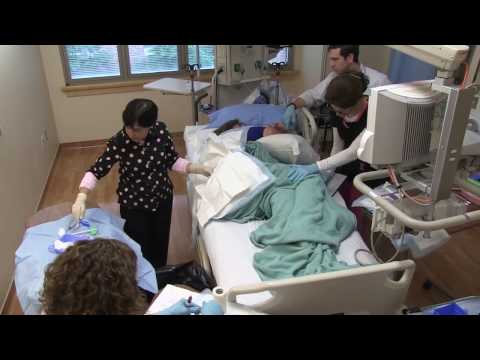Dyskeratosis Congenita (DC) is a cancer-prone inherited bone marrow failure syndrome (IBMFS) caused by aberrant telomere biology. DCEG investigators in the Clinical Genetics Branch (CGB) showed that telomere length, as measured by flow cytometry-FISH was both sensitive and specific for distinguishing DC from healthy individuals and from those with other IBMFS.
Work by CGB investigators led to the discovery of four of the known causes of DC, TINF2, WRAP53, RTEL1, and ACD. DC can be inherited in X-linked (DKC1), autosomal dominant (TERC and TINF2), autosomal dominant or autosomal recessive (ACD, RTEL1, and TERT), and autosomal recessive (CTC1, NHP2, NOP10, PARN, and WRAP53) patterns, or can arise due to a de novo germline mutation. However, approximately 40 percent of patients with DC do not yet have an identified causative mutation. Consequently, discovery of new high-penetrance susceptibility genes as well as low-penetrance genetic modifiers of the major genes, is a major focus.
The DC study also focuses on comprehensive, systematic clinical phenotyping of patients aimed at refining our understanding of the features of this rare disorder. Investigators have identified novel ophthalmologic and dental abnormalities as part of the DC spectrum of abnormalities. These studies will provide more specific data on genotype-phenotype interactions and aid in diagnosis of DC.
Investigators published the first quantitative estimates of the risks of acute leukemia, squamous cell cancers of the skin, head/neck, and anogenital region in this disorder. The cumulative cancer risk in DC patients is nearly as high as those seen in patients with Fanconi anemia.
Dyskeratosis Congenita Study - Research Publications
For more information, contact Sharon Savage.
